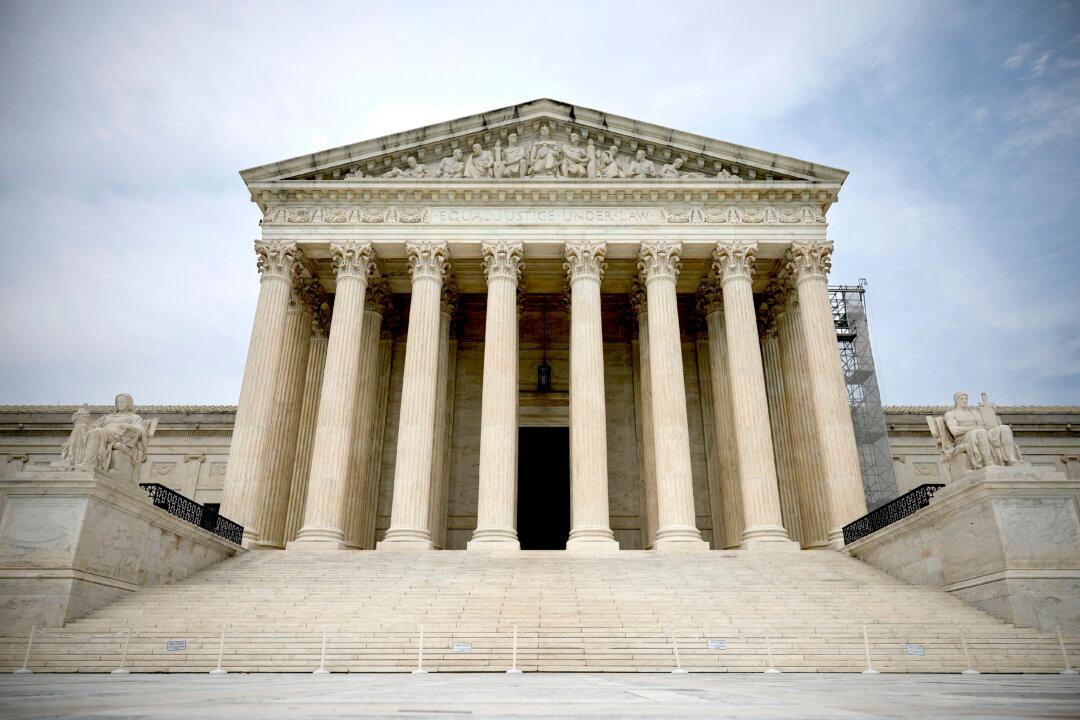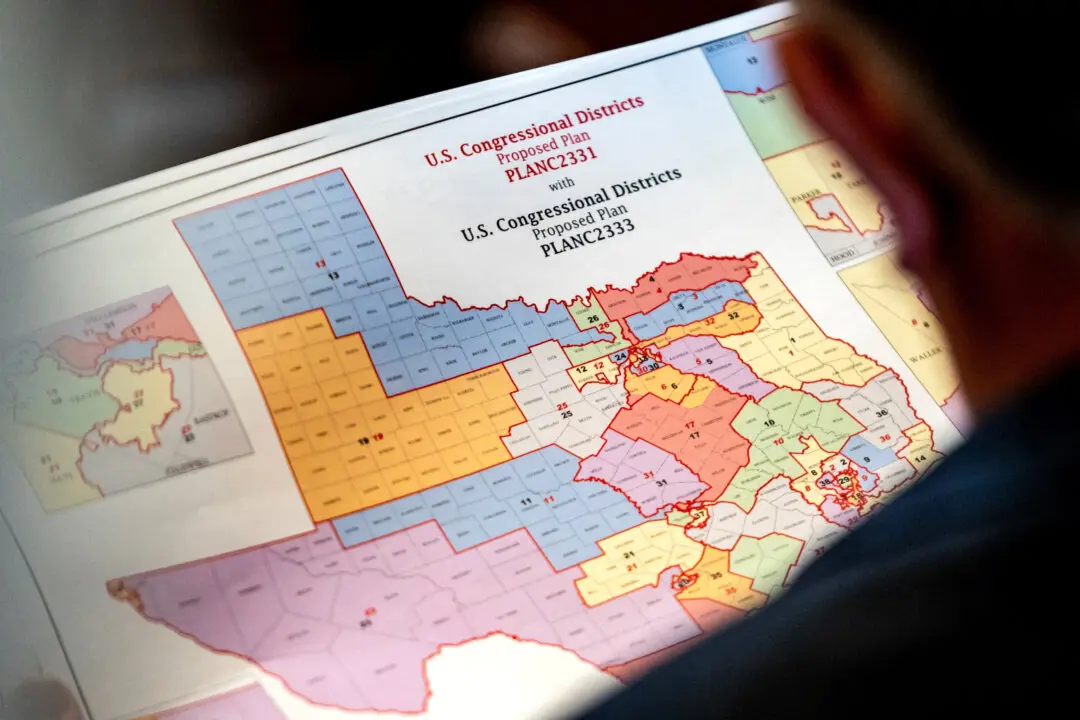A Florida death row inmate has petitioned the U.S. Supreme Court to stay his execution, which is scheduled for 6 p.m. ET on Thursday.
Loran Cole’s request, submitted on Sunday, argues that his execution would violate his constitutional rights under the Eighth and 14th Amendments. The petition cites significant legal and medical concerns.





